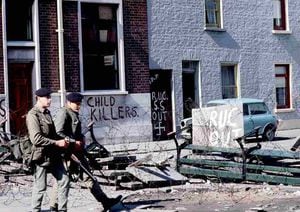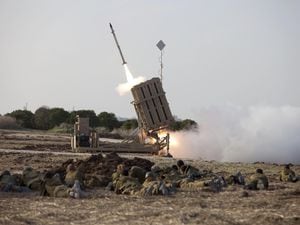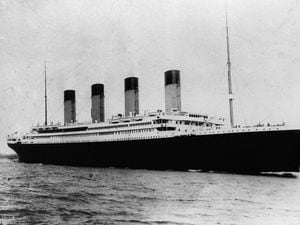Express & Star comment: Crucial we continue to keep peace
When British troops were sent to Northern Ireland 50 years ago to restore order, few would have imagined they were witnessing the start of the British Army’s longest modern day war.

The rioting on the streets of Londonderry was the culmination of months of rising tensions between communities, and what followed would cast a shadow over Britain for decades.
British troops were initially welcomed by many of those living in the area, but as the trouble raged on the attitudes of protesters hardened against them. The testimonies of soldiers who were stationed there at the time are revealing.
Northern Ireland 50 years on: How 1969 troubles brought decades of unrest
Take George Green, for example, who in today’s Star recalls the difficulties of trying to keep the peace in an area that had been overcome with violence.
Operation Banner would end up lasting for nearly four decades, a period that would see more than 300,000 British troops stationed in the province, with around 21,000 there at the peak of The Troubles in the 70s.
Now, half a century on, after blood has been shed both at home and abroad, the situation in Northern Ireland has been transformed in many respects.
The Provisional IRA no longer exists, and the Good Friday Agreement has held firm in allowing Protestants and Catholics to live together in peace.
But it is a peace that comes with an ingrained fragility.
The dependence of the Conservative government on the DUP for its majority in Parliament has, to some extent, opened up old wounds that have been further aggravated due to Brexit.
The furore over the Irish backstop has left the nationalists of Sinn Fein more than happy to see the partition of Ireland back on the agenda. The same goes for those unionists who want to see a hard border. There are other problems that pre-date arguments over the backstop, including issues over the provision of education and health services in the province.
Unemployment is another key concern, and one which has been heightened by the news the Harland and Wolff shipyard in east Belfast has gone into administration. It is absolutely crucial, particularly in these times of political and economic turmoil, that we learn the lessons of the past and ensure that peace is maintained on the border.





